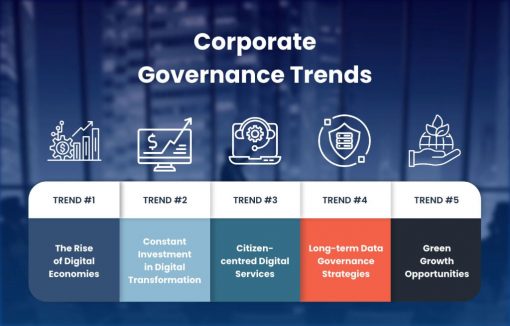
Global Trends in Government Policy and Administration
Introduction
Government policy and administration are constantly evolving to address new challenges and opportunities. This blog post examines the latest global trends in government policy and administration, with a particular focus on developments in Nigeria.
1. Climate Change and Environmental Policies
Global Perspective:
- Climate change is a critical issue prompting governments worldwide to implement environmental policies aimed at reducing carbon emissions and promoting sustainability. The Paris Agreement is a key international treaty driving global climate action.
- Countries like Germany, Sweden, and New Zealand are leading with ambitious climate policies, including renewable energy initiatives, carbon pricing, and conservation programs.
Nigeria Perspective:
- Nigeria is committed to addressing climate change with initiatives like the Nigerian Climate Change Policy Response and Strategy. The government is focusing on renewable energy, reforestation, and sustainable agriculture to reduce carbon emissions.
- Nigeria is also engaging in international climate agreements and collaborating with global partners to enhance its environmental policies.
2. Public Health and Pandemic Response
Global Perspective:
- The COVID-19 pandemic has underscored the importance of robust public health policies and preparedness. Governments are investing in healthcare infrastructure, vaccination campaigns, and research to combat the pandemic and future health threats.
- Countries like South Korea, Australia, and Canada have been recognized for their effective pandemic response strategies, including early detection, widespread testing, and efficient vaccination programs.
Nigeria Perspective:
- Nigeria’s response to the COVID-19 pandemic includes initiatives like the Presidential Task Force on COVID-19, mass vaccination campaigns, and public health awareness programs.
- The government is also strengthening its healthcare system and investing in pandemic preparedness to improve resilience against future health crises.

3. Economic Recovery and Stimulus Measures
Global Perspective:
- In response to the economic impact of the COVID-19 pandemic, governments are implementing stimulus measures to support recovery and growth. These measures include financial aid for businesses, infrastructure investments, and job creation programs.
- The USA, EU, and Japan have launched significant economic stimulus packages to revive their economies and support affected sectors.
Nigeria Perspective:
- Nigeria has introduced various economic stimulus measures to mitigate the impact of the pandemic, including the Economic Sustainability Plan (ESP) and targeted support for small and medium enterprises (SMEs).
- The government is focusing on diversification, infrastructure development, and social welfare programs to drive economic recovery and growth.
4. Digital Governance and E-Services
Global Perspective:
- Digital governance and e-services are becoming increasingly important as governments seek to improve efficiency, accessibility, and transparency. Initiatives include digital identity systems, online portals for public services, and smart city projects.
- Estonia, Singapore, and Canada are leading in digital governance, offering comprehensive e-services and leveraging technology for public administration.
Nigeria Perspective:
- Nigeria is advancing digital governance with projects like the National Digital Economy Policy and Strategy (NDEPS). The government is working on digitizing public services, improving connectivity, and enhancing cybersecurity.
- E-services initiatives such as the Treasury Single Account (TSA) and the Integrated Payroll and Personnel Information System (IPPIS) are improving transparency and efficiency in public administration.
Conclusion
The latest trends in government policy and administration reflect a global shift towards addressing climate change, enhancing public health, supporting economic recovery, and embracing digital governance. Nigeria is actively participating in these trends, implementing policies and initiatives to improve governance and public service delivery. By staying informed about these developments, citizens and policymakers can better navigate the evolving landscape of government policy and administration.
